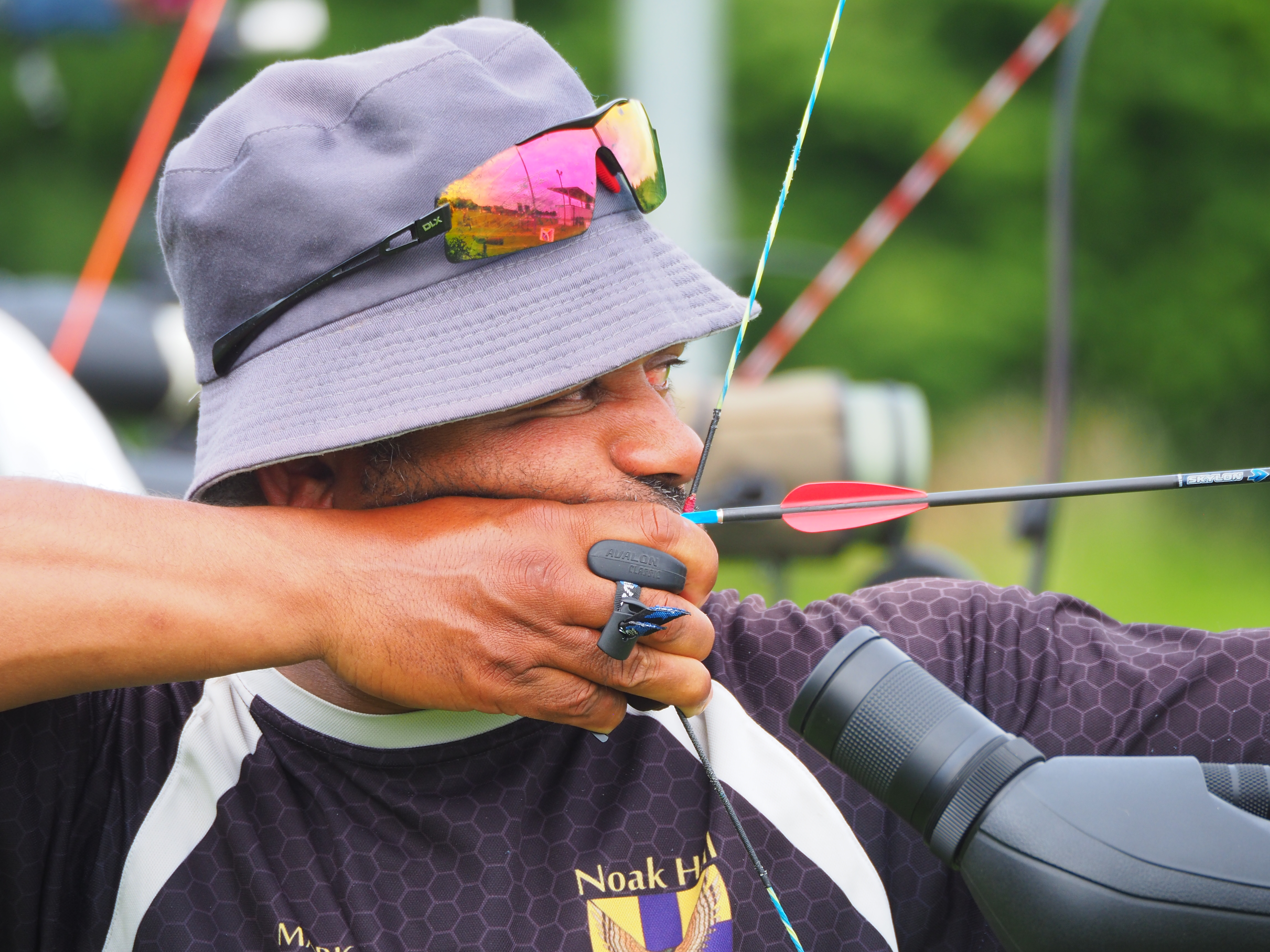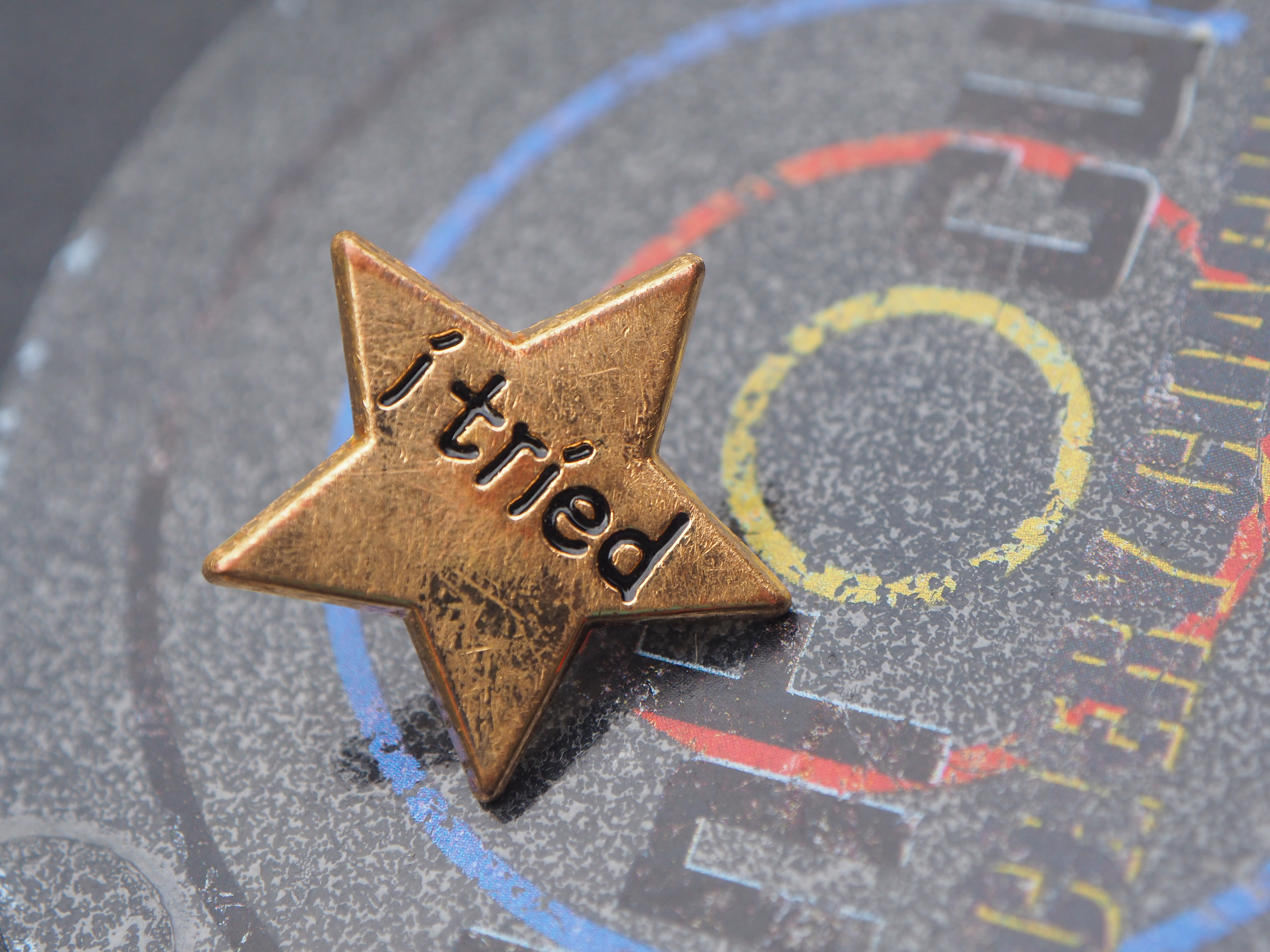Effective practice is the cornerstone of archery improvement. Instead of aimlessly shooting arrows, transform your range time into purposeful training sessions. By setting clear goals, establishing good habits, and maintaining a focused mindset, you can accelerate your progress and unlock your full potential as an archer.

Here are six steps to getting the most out of your practice sessions:
Sometimes, the worst enemy of archery progress is aimless practice. Not every session needs to be relentlessly focused and disciplined but try and have a small goal in mind: a new distance or round, a certain number of arrows, or a specific part of technique you'd like to turn into a habit. Even if you don’t achieve it, you know you’ve worked towards something.
Habits are powerful things. For example, if you are shooting a round, get into the habit of completing and scoring it fully. Don't pack it in at the halfway mark if it's off your best. You will grow and learn from completing it. Obviously, listen to your body and if you feel you are about to injure yourself, don't make things worse, but right from the start try and build the habit of following through.
Similarly, if you find your form or your mental strength sliding downhill, build the habit of taking a break from whatever you are doing and switching to a completely different exercise; this could be timed bow drills or blank bale. Sometimes you need a break from routine to push forward.
If you’re planning on being competitive one day then the goal is to shoot the last six arrows in every round with as much strength, concentration, and form as the first six. Doing this requires getting your subconscious to persuade your muscles to be both relaxed and strong for the entire duration; whether that's 30 arrows at 18 metres of an evening or 288 over a long, hard weekend.
Building this ability is the key to becoming a great target archer. If you are starting out, or coming back from a break, try and focus on just getting three arrows as consistent and as well-shot as you can. Then six, then twelve and so on.
Noting the goal in mind and whether you achieved it enables you to spot patterns and work out how to fix problems down the line. In fact, the very act of notetaking pushes your brain towards finding a solution. Write down any changes in your equipment and make sure to say what went well, then read it again before the start of the next session.
If a problem is arising – everything is landing left and you don't know why, for example – make a note and check later: either online, with one of your club’s coaches, or with another experienced archer. Try to fix one problem at a time rather than three of them.
If something needs fixing, unless it is necessary to continue shooting, just make a note of what needs doing and do it when you get home. You can fix that arrow later. Use every moment at the range for working on your shot, form, and mental and physical strength, rather than for repairs.
Working on your shot is a learning experience. When you know or feel it’s wrong, stop and start again. Try your best to concentrate on what you are trying to achieve while you are executing each shot, then switch off when collecting arrows and scoring. This way, you are more likely to build concentration for when it matters.
Accept all will not go well instantly, this is an ongoing process and you’ll find that, over time, you won't have to think about what you are doing: you’ll simply be able to feel when it is right.
In the last ten minutes of a session, it's good to try something different, either by yourself or with others. You could tell yourself that you won’t leave the field until you have got six golds in a row, for example – adjust for your target size and current ability level.
Try to finish on a perfectly executed shot and try and remember that good feeling as you pack up your kit so that you're eager to come back for more. Even if you're having a session that's not going so well, try and think of a fun way to end it.
Mastering archery is a journey that requires dedication and structured practice. By incorporating these tips into your routine, you'll not only enhance your technical skills but also develop a mental approach that will elevate your performance. Remember, consistency, patience, and a positive mindset are key to achieving any goal.
So, grab your bow, set your sights, and shoot.